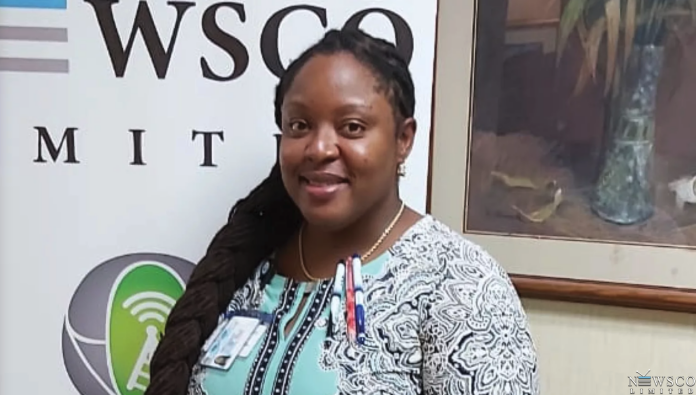By Elesha George
An experienced psychiatrist has raised urgent concerns about a growing mental health crisis among the young population in Antigua and Barbuda.
In a deeply concerning trend, young children are facing an unprecedented mental health crisis, grappling with the debilitating effects of bullying, stress, and anxiety, which are driving some to resort to self-medication and exhibit alarming psychotic behaviours.
Dr Chenelle Joseph, who has treated numerous young patients struggling with mental health challenges, said their behaviour, in some instances, can be attributed to neglect and financial difficulties at home.
“Some children are showing up to school having not eaten for at least a day or more. Some children are depressed because the social and economic situations within the home make it difficult and they’re unable to help themselves,” she said.
In addition, she said children are worried about meeting academic expectations while being victims of bullying which is exacerbating their mental health issues. In turn, young people are reaching out for help in the “wrong places”.
One worrying trend Dr Joseph highlighted is increasing self-medication among young people. Many have turned to substances like marijuana in an attempt to cope with their struggles. But these substances are unregulated and pose serious risks to their mental and physical health.
“And unfortunately, like our adults, they’re self-medicating,” she noted, stating that she has witnessed too many young people who are psychotic and paranoid and whose behaviours are disorganised.
“Our young people have assumed that if adults are smoking weed, we can smoke and that it’s legalised, and they will tell you that flat out.
“They’ll tell you it calms them, it makes them go to sleep, but unfortunately we do not know exactly what is being put out there on the streets,” she noted.
“Some of them are very aggressive towards family members, even at school. They’re disrespectful. They’re disruptive in class and it affects the entire school. Just a small percentage of what our young people are struggling with,” the doctor continued.
Recognising the severity of the situation and the lack of resources for children’s mental health, Dr Joseph is working with the Kiwanis Club of Antigua AR Fusion to collaborate with the Ministry of Education’s Student Support Unit and mental health practitioners. Together, their Bright Minds Project aims to diagnose potential mental health illnesses in children between the ages of five and 18 and improve their quality of life.
These children, she noted, sometimes need to be observed in a safe environment until the medication can be effective and, unfortunately, there is no such facility in existence in Antigua and Barbuda.
“The limited resources for children regarding mental health are concerning,” Dr Joseph lamented. “Currently, the Clarevue Psychiatric Hospital only admits patients aged 18 and above. For younger patients who need close supervision and a safe environment, this lack of facilities poses significant challenges for proper care and treatment.”
Consequently, parents, grandparents, and guardians are struggling with their stress levels and mental health, as they are left without adequate support systems.
Dr Joseph emphasised the urgency of reaching out to children and providing them with appropriate treatments, including medication, counselling, therapy, social interventions, tutoring, or financial assistance, to prevent them from falling victim to mental health statistics.
Appropriate treatment, she said, could include medication, counselling, therapy, social intervention, tutoring or financial assistance to prevent these children from becoming a statistic.
The Kiwanis Club has already seen results from its Bright Minds Project. Irene Furlonge, the grandparent of one of the beneficiaries, said her grandson’s behaviour has improved since he was referred for treatment.
“I’ve seen significant improvement in my grandson’s approach in his daily life,” she said. She explained that, unlike in the past, he now follows the instructions given to him. As a result of his care, his memory has become sharper and he is more confident and neater.
Furlonge said she is extremely appreciative of the progress made since the club intervened, adding, “I hope that more parents and guardians will be able to benefit from this programme and take the opportunity to enroll their children”.

